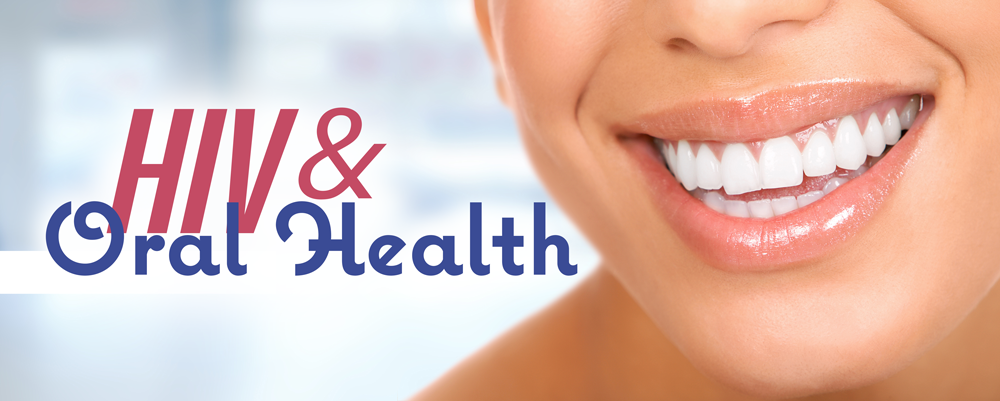
HIV and Oral Health: HIV and Dental Cares
By: Mark Schweizer, DDS MPH
Director of Development and Special Projects
Dental Director Southeastern AIDS Training and Education Center
Nova Southeastern University College of Dental Medicine
[email protected]
A preliminary study indicates that a higher incidence of dental caries are found in HIV-positive children whose immune systems are compromised by the virus, partnered with the finding that HIV infection alters the distribution of microbes in the gut microbiome. Children who are born with HIV may have a greater risk of caries, according to researchers led by the Forsythe Institute and the Pediatric HIV/AIDS Cohort Study.
“The plaque that accumulates on the surface of your teeth is a very complicated microbial community,” Teeth were examined in progressive stages of caries, from a completely healthy tooth to a full blown, big cavity. What was observed was that the species changed and that you do indeed have some bacteria that are associated with health and some with disease.”
Vincent Richards, PhD, MSc, an assistant professor of biological sciences at Clemson University, has received a $1.85 million grant from the National Institute of Dental and Craniofacial Research to study the association between tooth decay and HIV infection in a population of children from Nigeria.
Richards and his colleagues will use the fast and inexpensive methods of high-throughput genetic sequencing to detail which microbial species are prevalent in the plaque samples. These analyses also will measure gene expression of the microbes to determine how HIV infection influences what proteins are being synthesized and how those proteins are affecting the metabolic pathways involved in tooth decay.
The end product, Richards said, will be a personalized approach to oral health that could mitigate the risk of tooth decay, not just for HIV-infected children, but for everyone.
It is well documented that in the era of antiretroviral therapy patients are experiencing an increase in several oral manifestations including dental caries, periodontal disease, and HPV.
